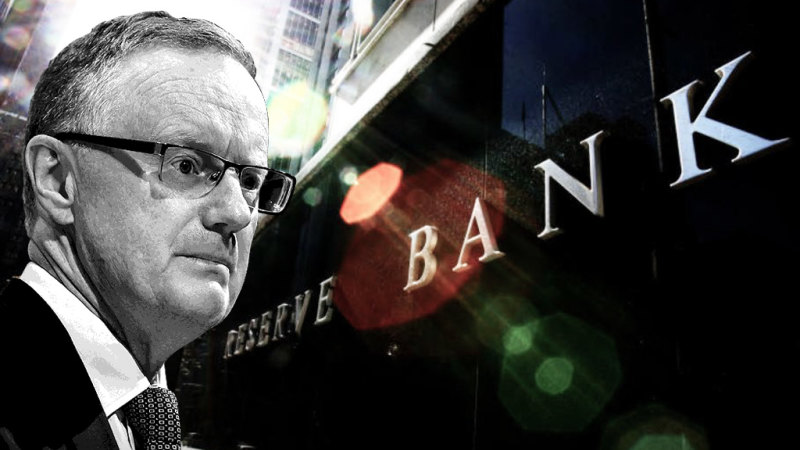
Will interest rates rise in 2022?
Chatter about rising interest rates is set to slow property price growth in 2022, although the cash rate is expected to stay on hold until late in the year or 2023, economists say.
After years of ultra-low interest rates, slashed to near-zero to support the economy through the pandemic, the next move is likely to be up.
The timing will be closely watched and could come earlier than the Reserve Bank’s previous cautious suggestion of 2024.
ANZ expects the first hike in the first half of 2023, Westpac tips February 2023, NAB says mid-2023, while both CBA and AMP Capital predict November 2022.
Retail banks have already been increasing fixed mortgage rates from their trough below 2 per cent to cover their costs, but an official hike – likely the first in a series – will reduce borrowers’ budgets at auction.
ANZ senior economist Felicity Emmett said fixed rates could rise a little further before stabilising, after three-year rates rose more than 80 basis points over the last few months of 2021.
“The days of sub-2 per cent mortgage rates are over for the time being,” she said.
“It will mean that we do continue to see this slowing of house prices, and that’s why eventually we think that by 2023 prices will start to turn down.”
The Reserve Bank wants to see a sustained improvement in wages growth and inflation before it lifts the cash rate, as moving too early could derail the economic recovery.
Ms Emmett expects this won’t be until the first half of 2023, but not everyone agrees.
“There are a lot of people out there that think the RBA will have to move earlier,” she said. “There is a risk the RBA starts to price in rate rises much more quickly than we and the RBA are expecting.”
Westpac senior economist Matthew Hassan said although the central bank will be patient before lifting the cash rate, the case for change could be there by late 2022, ready for a rise in February 2023.
Some traders are expecting an earlier move, but he said wages growth can take time as awards and enterprise agreement negotiations can move slowly.
“Housing is super sensitive to interest rate moves and it’s really run well ahead of the wider economy,” he said.
“The housing market has pretty much ignored Delta and had a strong surge before the economy has regained its pre-COVID levels … it will be much more sensitive to the tightening prospects in 2023.”
He expects housing price growth to flatten by the second half of 2022 as expectations of a rate hike build, and for the property market to fall the following year as interest rates climb.
Commonwealth Bank head of Australian economics Gareth Aird expects the cash rate to start rising at the end of 2022 and increase gradually to 1.25 per cent by the September quarter of 2023.
“There are a lot of households carrying a lot of debt,” he said. “The RBA should get a fair bit of mileage out of the hikes.”
Historically, property prices have lagged cash rate moves, he said, but this time property market momentum will pull back significantly by the time the central bank makes its much-anticipated move.
He expects property prices to peak in the second half of 2022, with growth already restrained by regulatory moves to cut the maximum amount buyers can borrow, and the higher costs of paying back a fixed-rate loan.
RateCity.com.au research director Sally Tindall said regardless of when the cash rate goes up, fixed mortgage rates are likely to keep moving up albeit at a slower pace, and some banks could even lift variable interest rates out of cycle.
Over the month to mid-December last year, 52 lenders hiked their two-year fixed rate products and 64 hiked for three-year loans, she said, compared to 11 and one who cut respectively.
In April 2021, there were about 180 fixed-rate products on offer under 2 per cent, but this has shrunk to 61, and such offers are likely to end in 2022, she said.
And the moves are set to hit hip pockets – an average borrower with a $500,000 variable rate loan would face $103 extra on their mortgage each month if their rate rose 40 basis points.
“Hikes in the cash rate will make it more difficult for people [to buy], it will limit how much they can borrow from the bank,” she said. “However, it could also help cool property prices.
“Banks are conscious of not lending out eye-watering amounts of debt that people potentially can’t afford to repay, particularly with interest rate rises looming.”
Domain reports – https://www.domain.com.au/news/will-interest-rates-rise-in-2022-2-1112504/?fbclid=IwAR2CQqDMGVBrNLKMhrl1Ro8q2AWnQ7ef3a22XJB7VsiXRYQHsvUaPhPqJjw




